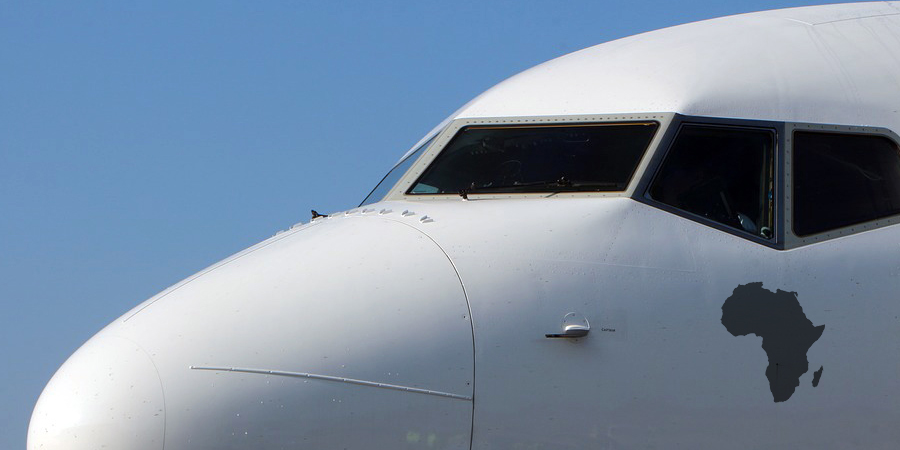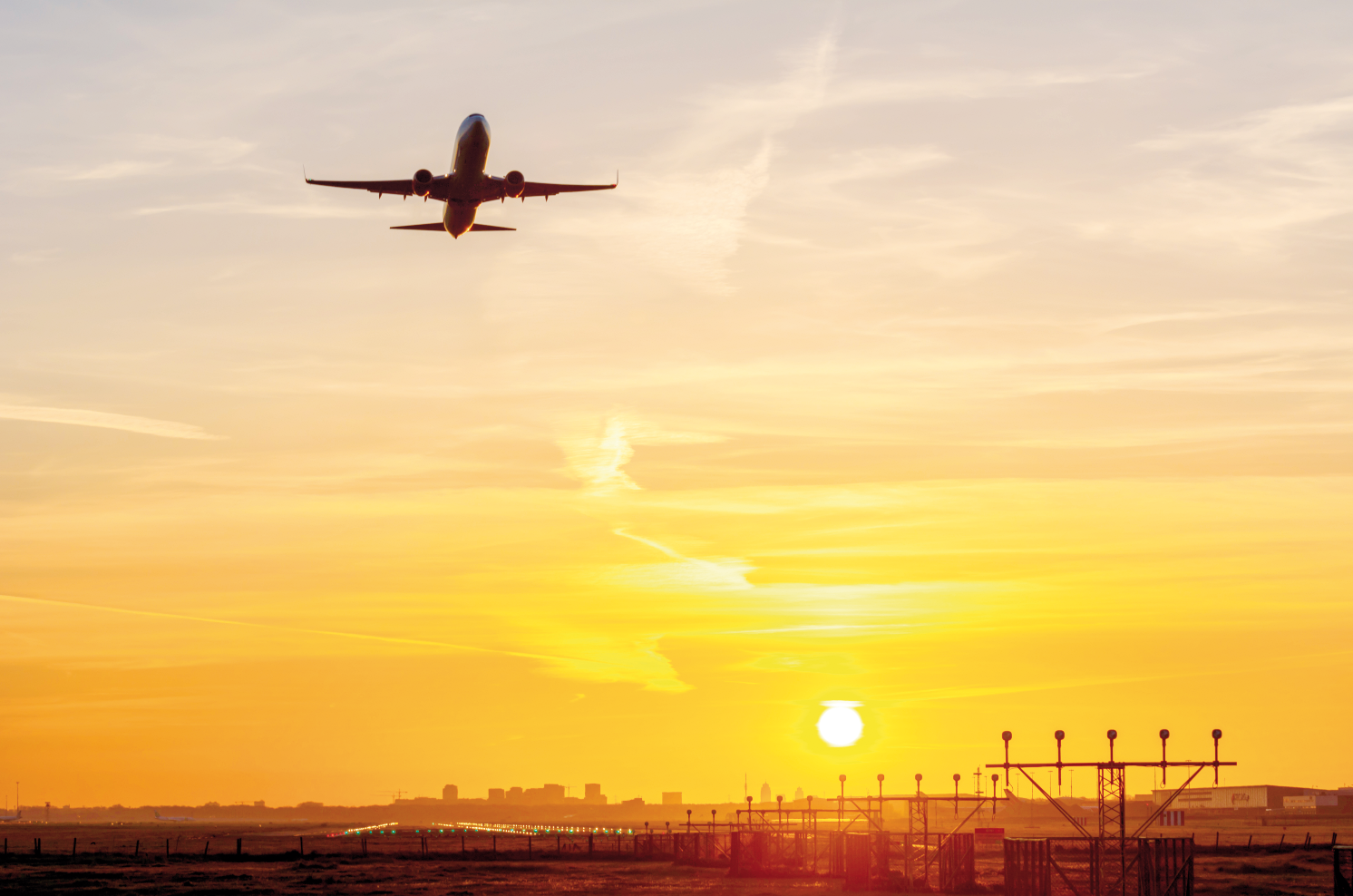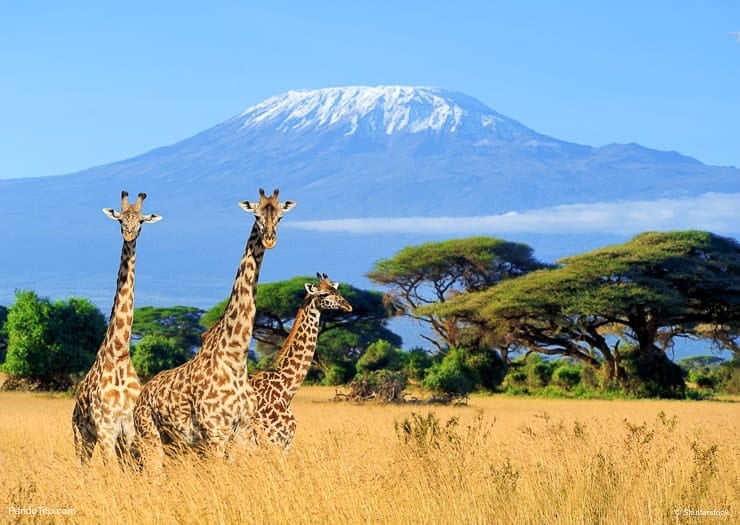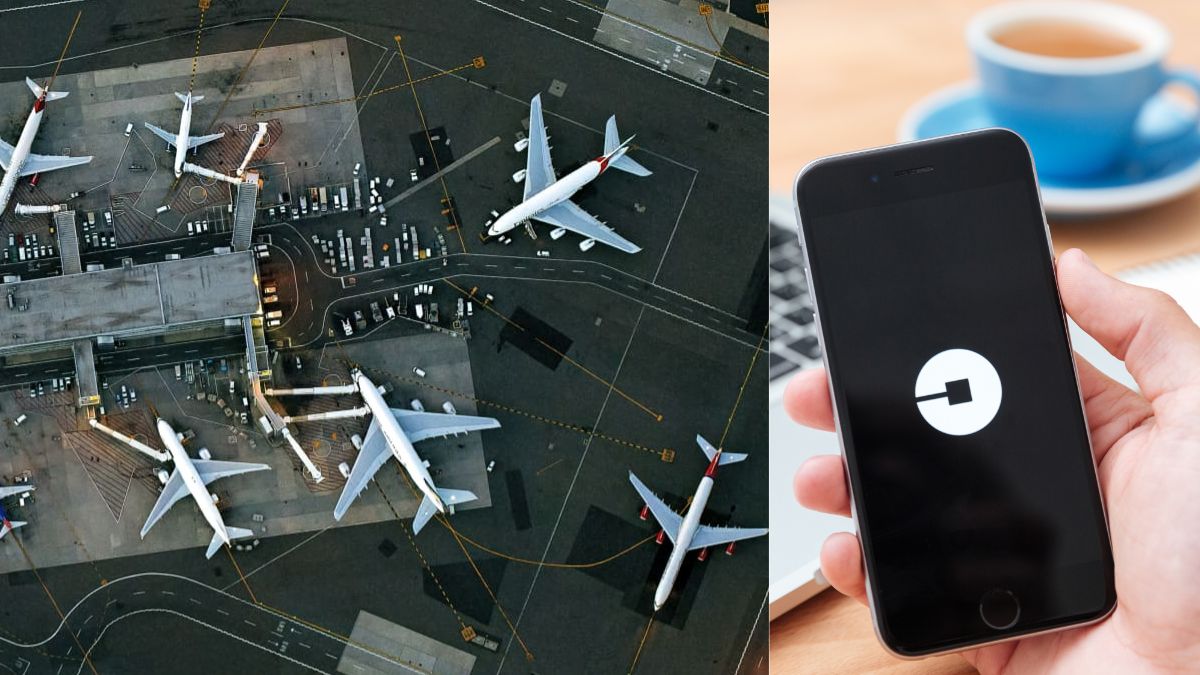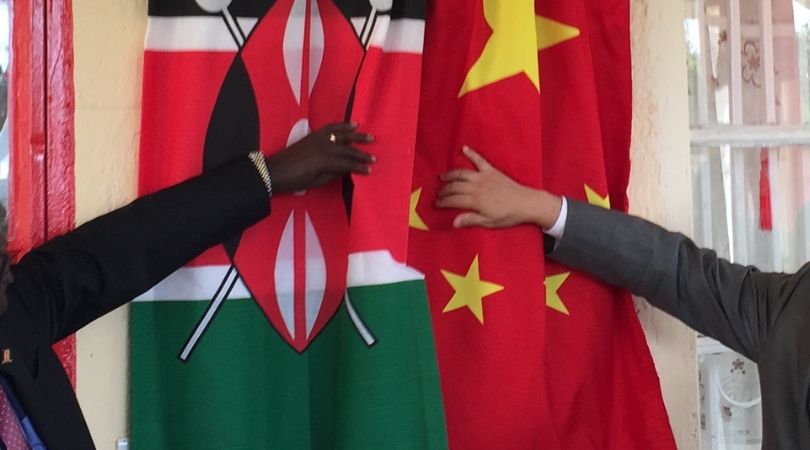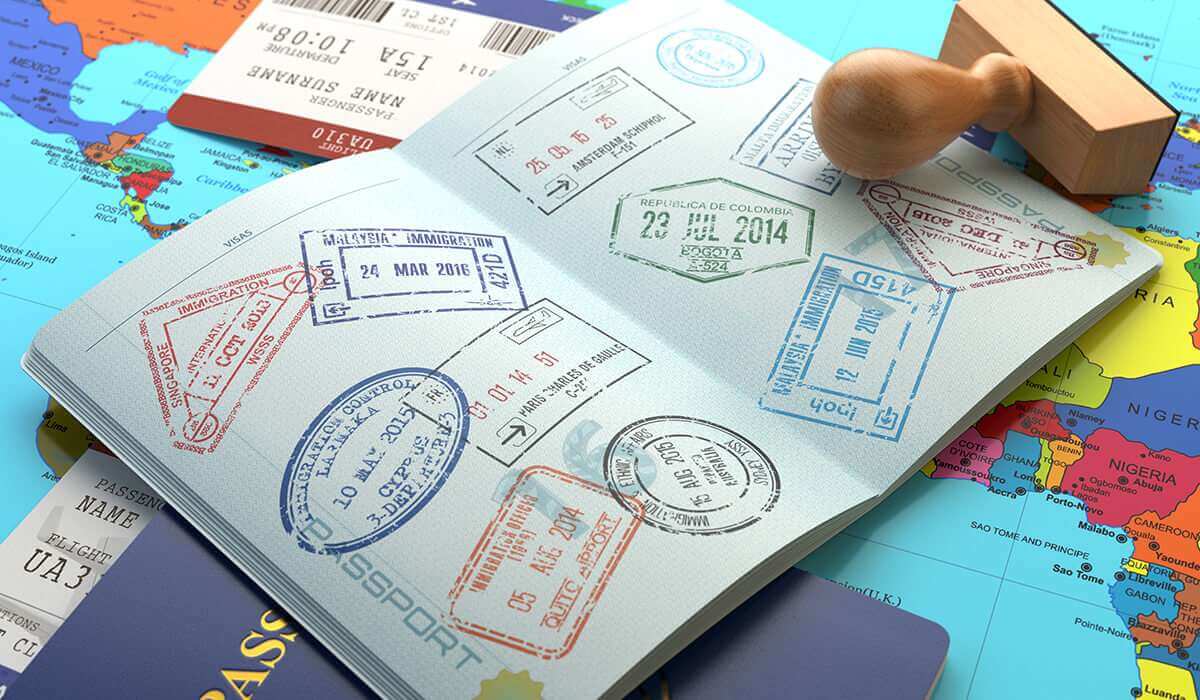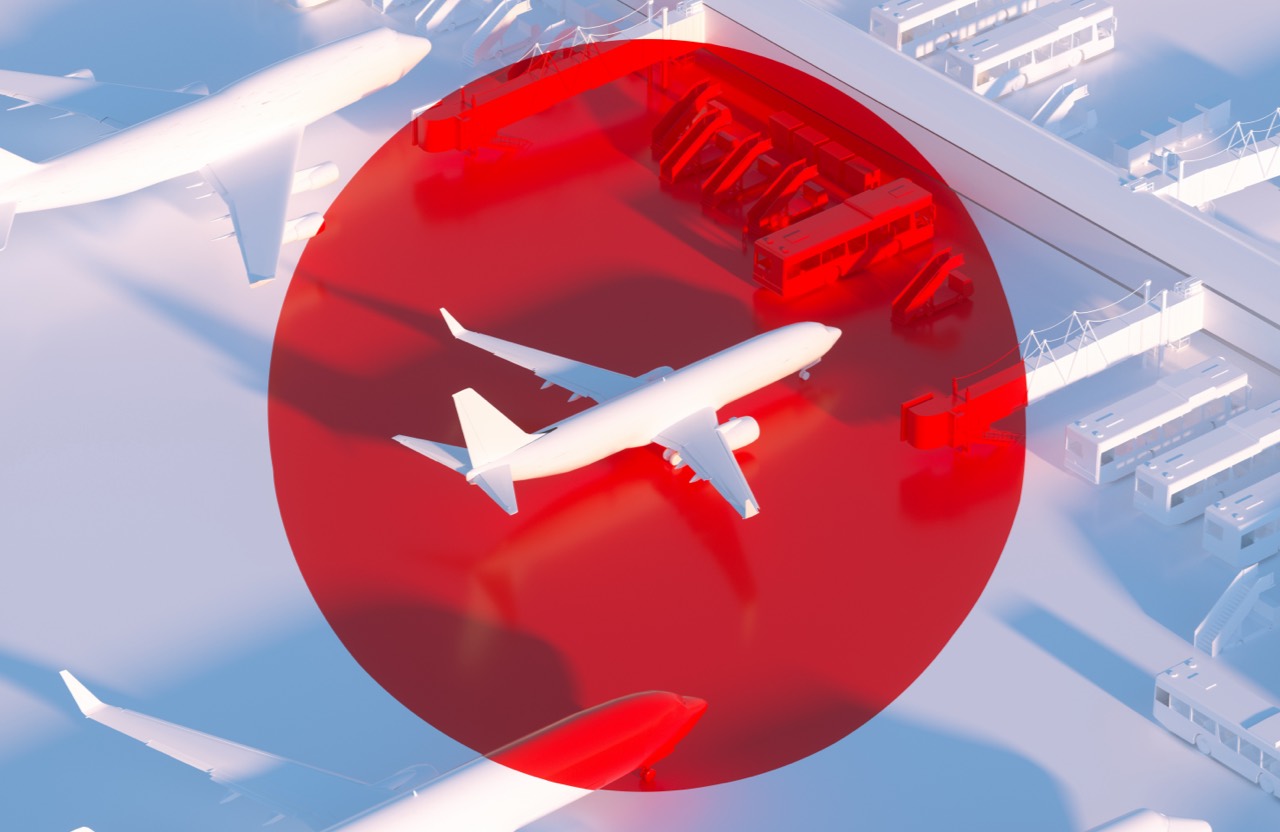African aviation started the year with the weight of COVID still hanging over it. After the emergence of the Omicron variant in late 2021, airlines had been forced to unwind their recently reinstated international flights, as governments added hotel quarantines back to the agenda in a bid to stem the spread. In mid-December, the UK vowed to undo this requirement, finally understanding that it was doing nothing to help public health.
International airlines return
From January onwards, long-haul African airlines made great strides to ramp up their international schedules, as did international airlines flying into African countries. With Australia’s entry requirements also relaxed, flag carrier Qantas resumed regular flights to South Africa in early January, and was rapidly followed by many others.
Some of the most notable international airline route launches and resumptions included behemoth long-haul connector Emirates, which resumed seven routes to African countries before the end of January. These included Johannesburg, Nairobi, Addis Ababa, Dar Es Salam and Harare.
As Morocco opened its borders in early February, international flights returned, including Iberia, which reinstated daily flights to Tangier and nine times-a-week services to Marrakech from its home in Madrid.
Virgin Atlantic, which had resumed flying to Johannesburg in the fall of 2021, took a little longer to add back its second South African destination. Cape Town finally resumed in May, the first for the city since 2015.
US carrier Delta Air Lines has bet big on its African flights, with services to Lagos, Johannesburg and Dakar already in the schedule at the start of the year. In June it also returned to Lagos from JFK, making its second connection to the Nigerian city after Atlanta. Cape Town was also on its agenda, something it locked horns with United Airlines over, but successfully went ahead with in early December via a triangle route connecting the two South African cities with Atlanta.
United got back to South Africa too, touching down to a hero’s welcome in November this year. Qatar never stopped flying to Africa, but has a record 2023 planned for its services. Up to 34 daily departures from Doha will connect 30 African destinations from July, demonstrating the carrier’s enthusiasm for connecting the continent.
Local airlines winners and losers
While the resumption of international connections is positive indeed, local airlines have had a more difficult 2023. The end of Comair (and its Kulula subsidiary) was not entirely unexpected, but still left a large void in South Africa’s connectivity. Mango Airlines, although under business rescue since 2021, is looking increasingly unlikely to return to the skies.
Adding to the exodus was the August liquidation of Tchadia Airlines, leaving the nation of Chad without a national carrier. Nigeria’s Aero Contractors looked ready to pull the plug, but has since notified of a service restart, reportedly resuming flying from Port Harcourt earlier this month.
According to ch-aviation data, two more airlines have officially ended services this year – Eswatini Airlink and Med-View Airline. But it’s not all bad news.
Counterbalancing the end of Eswatini Airlink, new startup Eswatini Air looked set to enter the market this year as it took delivery of its first airplane in March, an Embraer ERJ 145. However, delays with certification means the airline hasn’t operated a passenger flight yet, but gives hope for a new airline in 2023.
Also adding to the mix of forthcoming airlines is Air Arabia’s latest subsidiary, Air Arabia Sudan. No launch date has been given for the startup, but given the group’s track record with subsidiary airlines, we could hope it will actually go ahead next year. Then there’s GhanaAirlines, a carrier being launched by the Ghanaian government in partnership with fellow startup Ashanti Airlines.
Nigeria is eyeing a new carrier too, with Nigeria Air pegged for launch in time for Summer 2023. Having been granted its air transport license by the Nigerian Civil Aviation, that doesn’t seem too far-fetched. And then there’s Eurowings Discover, the Lufthansa Group’s long-haul low-cost carrier. Although it started in 2021, including flights to Windhoek that year, this year saw the launch of the add-on destination of Victoria Falls.
Ch-aviation lists a total of 28 new airlines announced in Africa this year, an incredible number given the challenges startups are facing. Of these, the only active carriers to date are Eswatini Air, MedSky Airlines, Rwandair Cargo and AB Airlines (Congo), but gives hope for more connectivity to arrive once we move into 2023.
Dominating the headlines
Rounding up the biggest stories from African aviation this year is no easy task, as there’s been a whole lot going on. The return of South African Airways drew a lot of attention, particularly given its proposed plan to form a new alliance with Kenya Airways. Having snagged investment from the Takatso Consortium, the carrier is slowly but surely reforming its place in the market, but is being incredibly cautious about which routes it resumes, particularly on the international front.
The widely publicized incident of two sleeping Ethiopian Airlines pilots missing their destination in August highlighted working conditions and pilot fatigue issues. While this incident brought Ethiopian under the spotlight, this isn’t a problem that’s unique to Africa – just look at the labor disputes in the US and elsewhere to see how widespread these concerns are.
Exciting new aircraft additions included the Egyptian government’s VIP Boeing 747-8 finally receiving its coat of paint, ready for entry into service, and African cargo carrier Astral Air becoming the launch customer for the Embraer E190F freighter, as well as the Airbus A320P2F.
Although Royal Air Maroc joined oneworld in 2020, it had to hold off the celebrations until this year due to COVID restrictions. It now looks to be joined by a second African member, as Rwandair eyes the possibility of meeting the alliance’s requirements, naturally with help from its partner Qatar Airways.
Emirate’s on again-off again flights to Nigeria have been a soap opera of a story, with trapped funds at the heart of the issues. IATA recently stated that approximately $2 billion of airline funds are being blocked worldwide, with $1.2 billion accounted for in Nigeria, Pakistan, Bangladesh, Lebanon, and Algeria.
Compounding Nigeria’s recovery has been a fuel shortage, affecting airlines in the early part of the year. Accusations of some jet fuel being stolen for export have added to the problem, with the shortage seeing aviation fuel prices rising to levels previously unheard of, making it difficult for carriers to operate in the country.
But it’s not only Nigeria that has had a fueling issue. Senegal asked carriers to tanker jet fuel in as it struggled to maintain supply, Johannesburg grappled with issues in May, and Cape Town was hit with a shortage in September. Hopefully, these issues are behind us now, as supply chains begin to settle down and consistency is restored.
The latest reports suggest the Single African Air Transport Market (SAATAM) could be gaining momentum, but that’s a story we’ve been hearing for years. As we head into 2023, hopefully, there will be some movement on this incredibly important issue, which could see African aviation soaring to new heights in the years to come.
Source: Simple Flying

